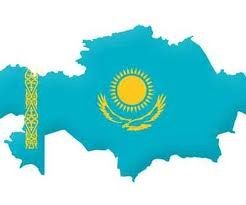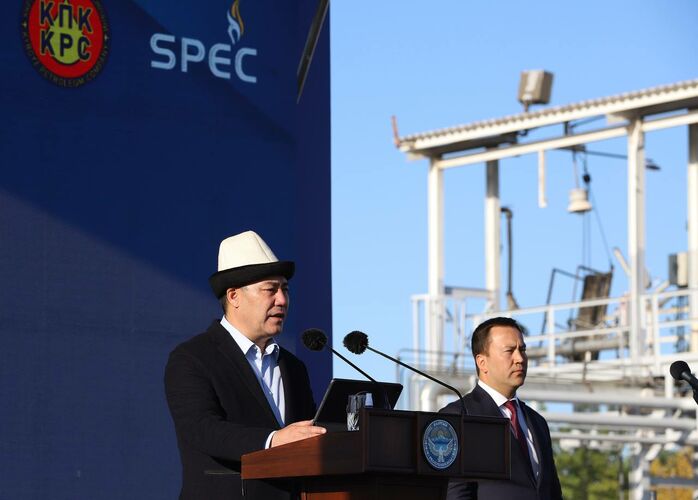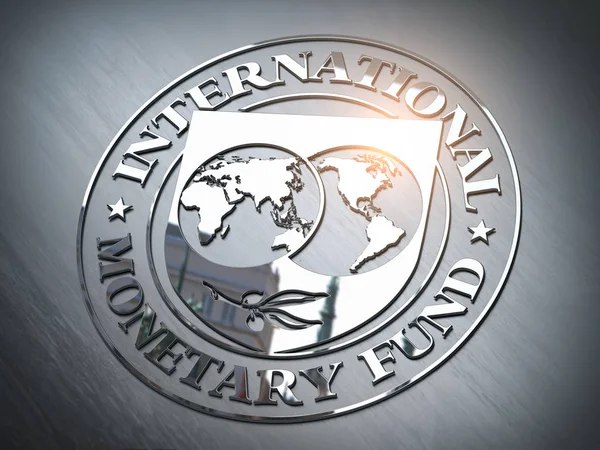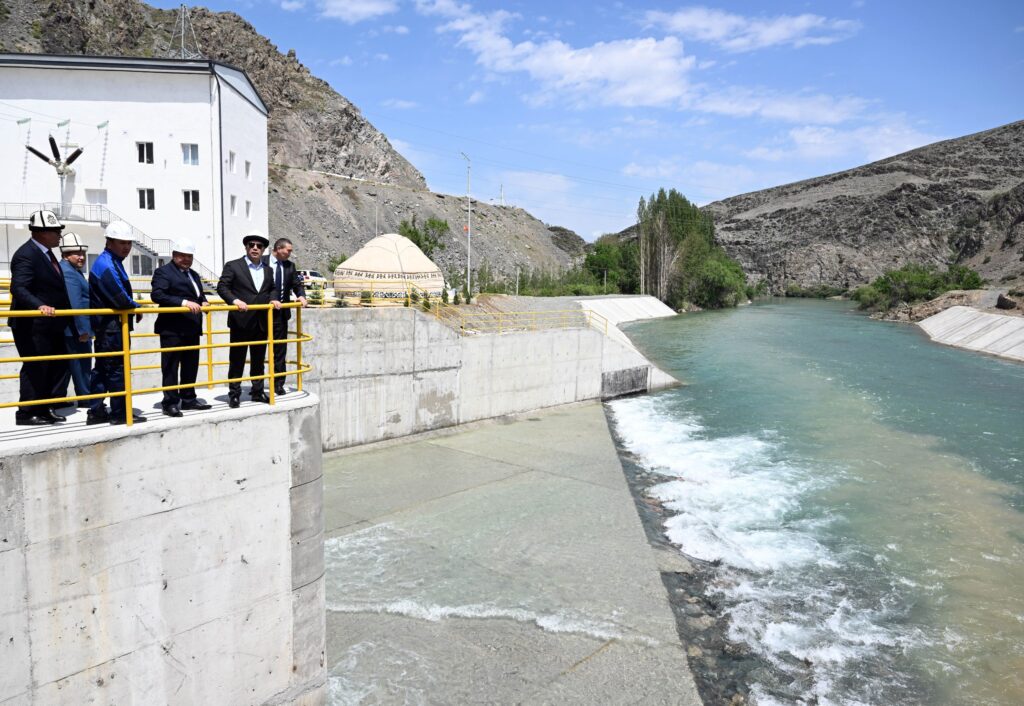ASTANA (TCA) — On October 31, the Mazhilis, the lower house of Kazakhstan’s Parliament, approved the draft law “On the National Budget for 2019-2021” prepared by the Government of Kazakhstan, the official website of the Prime Minister of Kazakhstan reported.
At the Parliament session, Minister of National Economy Timur Suleimenov reported that according to the forecasts of the International Monetary Fund in 2018–2019, gradual growth of the global economy at the level of 3.9% is expected. The consensus forecast for the price of oil by world financial organizations in 2019 is $66.7 per barrel. Taking this into account, the oil price in the baseline scenario is $60.
“Real GDP growth is projected at 3.9% in 2019, with subsequent growth to 4.6% in 2023. The average annual GDP growth rate will be 4.2%. Nominal GDP will grow from 64,145.7 billion tenge in 2019 to 86,944.7 billion tenge in 2023. GDP per capita will be $9.9 thousand in 2019 with an increase to $12.9 thousand in 2023,” Suleimenov reported.
The main driving force behind the growth of economic activity in the medium term will be the processing and agribusiness sectors, the construction industry, the transport and logistics sector and the service economy. The manufacturing industry will grow by 4.4%, the mining industry — by 3%. A steady pace will remain in agriculture — 6.4%, the construction industry — 4.2%, and trade — 4.6%. Exports will amount to $56.5 billion in 2019 with an increase to $68.5 billion in 2023.
According to the Minister of National Economy, oil production will increase from 88 million tons in 2019 to 99 million tons in 2023 due to increased oil production at the Kashagan field and the project for future expansion of Tengizchevroil.
Minister of Finance Alikhan Smailov reported that the budget was aimed at solving three key tasks. These include ensuring all social obligations in any economic situation, the implementation of seven policies and reforms within the framework of the implementation of the Strategic Development Plan of the country until 2025, as well as the implementation of the Head of State’s Address “Growing Welfare of Kazakh Citizens: Increase in Incomes and Quality of Life.”
“The basis of the budget and its available financing are based on conducting a stimulating macroeconomic policy, which is implemented through a gradual decrease in the dependence of the budget on oil revenues and ensuring the sustainability of tax revenues. The volume of oil revenues to the budget in the form of a guaranteed transfer from the National Fund and export customs duty on oil in 2019 will amount to 3.5 trillion tenge, or 5.4% of GDP, followed by a decline to 4.1% by 2021. The share of oil revenues in the budget is reduced from 35.5% in 2019 to 28.9% in 2021,” Smailov said.
According to him, the limited use of the National Fund and the rise in oil prices already in 2018 will lead to the early stabilization of the fund’s assets. The volume of non-oil revenues for 2019 is planned in the amount of 6.3 trillion tenge, with growth against the plan of 2018 by 973.2 billion tenge, or 18.3%. The key drivers of change were an increase in the pace of economic development, improvement in tax administration and the efficiency of tax collection.
Chairman of the National Bank Daniyar Akishev said that the National Bank will continue to pursue an inflation targeting policy. This means that the main goal of the National Bank for 2019 will be to keep inflation in the range of 4-6%.
In 2019 the National Bank will continue to work to ensure financial stability. From Jan. 1, 2019, a risk-oriented approach is introduced, an appropriate law and necessary regulatory and legal acts will be adopted, and requirements for the level of capitalization of the risk management system will be increased. Banking sector recovery processes and the introduction of new approaches to regulation and supervision will significantly reduce the risks for key banks.









